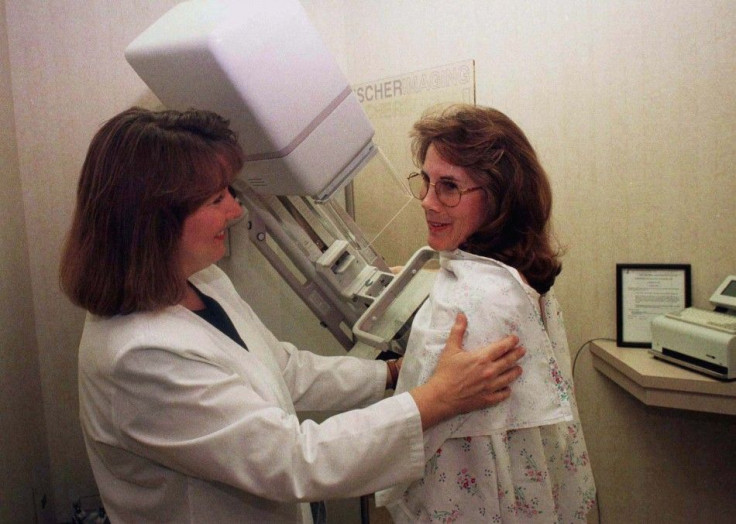Komen Planned Parenthood Funding Cut: Importance of Breast Exams and What To Look For

On Tuesday, Susan G. Komen for the Cure announced that they will cut funding to Planned Parenthood affiliates. Komen has provided funding for around 770,000 women's health screenings such as breast exams and mammograms among many other services.
Both groups are at odds on why their partnership is ending. Planned Parenthood believes that Komen is cutting ties because of pressure from anti-abortion activists. Komen on the other hand is insisting that they have ceased their funding due to Planned Parenthood's government investigation.
Planned Parenthood is currently being investigated for using public money to fund abortions. The investigation was launched by Florida Representative Cliff Stearns. While the organization receives federal money, they are not allowed to use it to provide abortions.
Chief executive of Planned Parenthood Los Angeles, Sue Dunlap has said that they have known of the situation with Komen. I think that when women's health is more of a political conversation than a conversation about healthcare and taking care of people, then we've gone too far.
So what does this mean for women's health? Many women who use Planned Parenthood cannot afford to pay for the services, but that doesn't mean they can't afford good health. According to LiveStrong, breast cancer is one of the leading causes of death in women. Breast exams allow for the cancer to be detected, and if caught at an early stage, can often be successfully treated.
In light of Planned Parenthood's cut funding, it is important that women perform regular self breast exams. While a breast self-exam is important, Susan G. Komen for the Cure does not recommend using it as a screening tool for cancer. While performing a self breast exam one should feel for abnormal lumps of tissue. Other warning signs of breast cancer include swelling or darkening of the breast, change in the size or shape of the breast, dimpling or puckering of the skin, rash on the nipple, pulling in of parts of your breast, sudden nipple discharge and new pain in one spot that doesn't go away. Breast tissue is normally lumpier before a menstrual cycle, so LiveStrong suggests performing a self-exam at the same time every month after your period. Finding a lump does not mean it is breast cancer. Lumps can also be a benign breast condition, or even just go away on their own. By becoming familiar with your breasts you will be able to know when something is different from what you have felt before.
To perform a self-exam, LiveStrong suggests either raising your arm over your head or lie down. Using the flat of your fingers, feel around your breast in a circular direction (outside - big circles, inside - little circles). If you feel anything abnormal be sure to visit your health-care provider.
Women with a higher risk of breast cancer, like those with strong family history of breast cancer, personal history of breast cancer, radiation treatment at a young age, or the mutation of the BRCA1, BRCA2, TP53 or PTEN genes should get regularly screened for breast cancer by a professional.
Besides performing self-exams, Susan G. Komen for the Cure believes that making healthy lifestyle choices also have an impact on breast cancer. Maintaining a healthy weight, exercising regularly, limiting alcohol use, limiting postmenopausal hormone use and breast feeding are all healthy lifestyle choices.
© Copyright IBTimes 2024. All rights reserved.






















